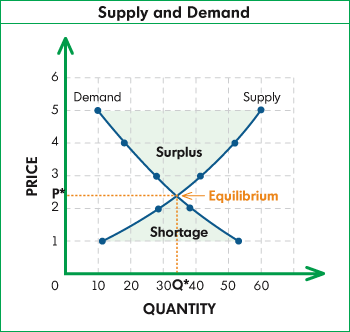
Well, just when I was starting to like the French again, they go and try to void the law of supply and demand. More specifically, as reported in the Wall Street Journal, Luc Chatel, the junior industry minister, wants French automakers Renault and Peugeot Citroen to promise not close factories in return for a government bailout.
While I am all in favor of setting conditions for government money, those conditions shouldn't place the company in an uncompetitive situation. For if the company is uncompetitive, the taxpayer is chasing good money after bad. Cheap? No. 100% Free. Trade stocks for free on Zecco.com. The Free Trading Community. www.zecco.com
Consider that labor, in general, is demanded by manufacturers. Labor is then segmented by its market and skill. Different countries have different quantities of skilled labor at different prices. We have all seen that with BMW plants in South Carolina and Hyundai plants in Alabama. Well, Turkey is much like Alabama, relative to skilled labor.
 For the French automakers to survive, they need to find cheaper labor than 35 hour a week union members who take 6 weeks off and go on strike when the wine in the company cafeteria doesn't pair properly with the foie gras. Let's also not forget the smoke breaks.
For the French automakers to survive, they need to find cheaper labor than 35 hour a week union members who take 6 weeks off and go on strike when the wine in the company cafeteria doesn't pair properly with the foie gras. Let's also not forget the smoke breaks.However, M. Chatel thinks that by forcing the factories to stay open and carry excess capacity (15% for Renault per Credit Suisse), that will make things all better. WRONG! Let's consider the US plan which is to provide badly needed capital in return for a stake in the automotive companies. The governement is working to set benchmarks to streamline production, control costs, etc., though isn't calling for make work jobs, at least not yet. Come on, Obama was just inaugurated and the Congress hasn't finished all of the Inaugural ball debauchery. Compare Auto Insurance Quotes and Save!
In short, demand for cars in France is down with French labor being some of the most expensive in Europe. To stabilize their automotive industry, the automakers need to reduce costs, and lower cost labor may be the key. In the meantime, M. Chatel should go back and take a basic economics course and let that be his basis for recommendations, and not politics.

